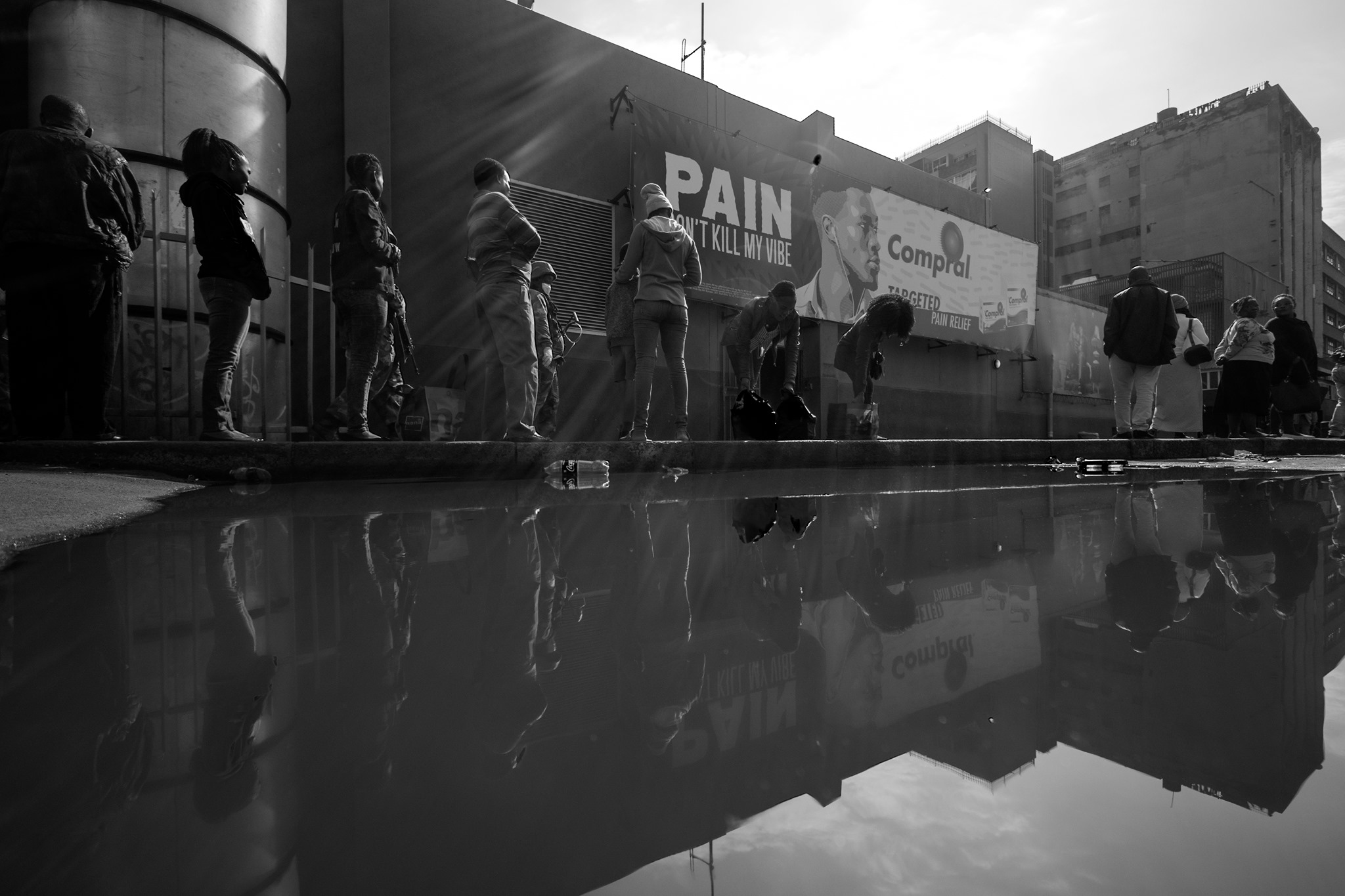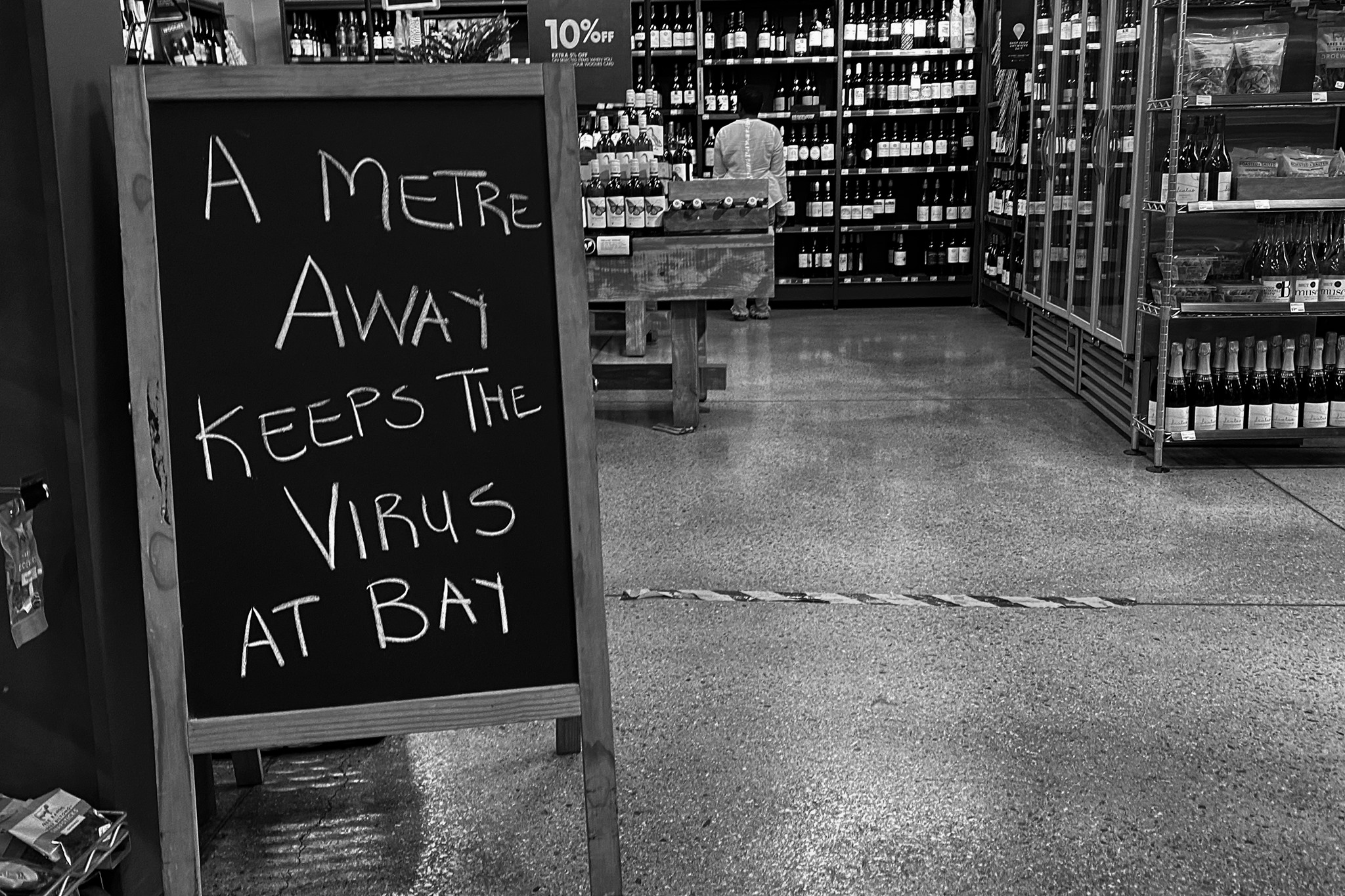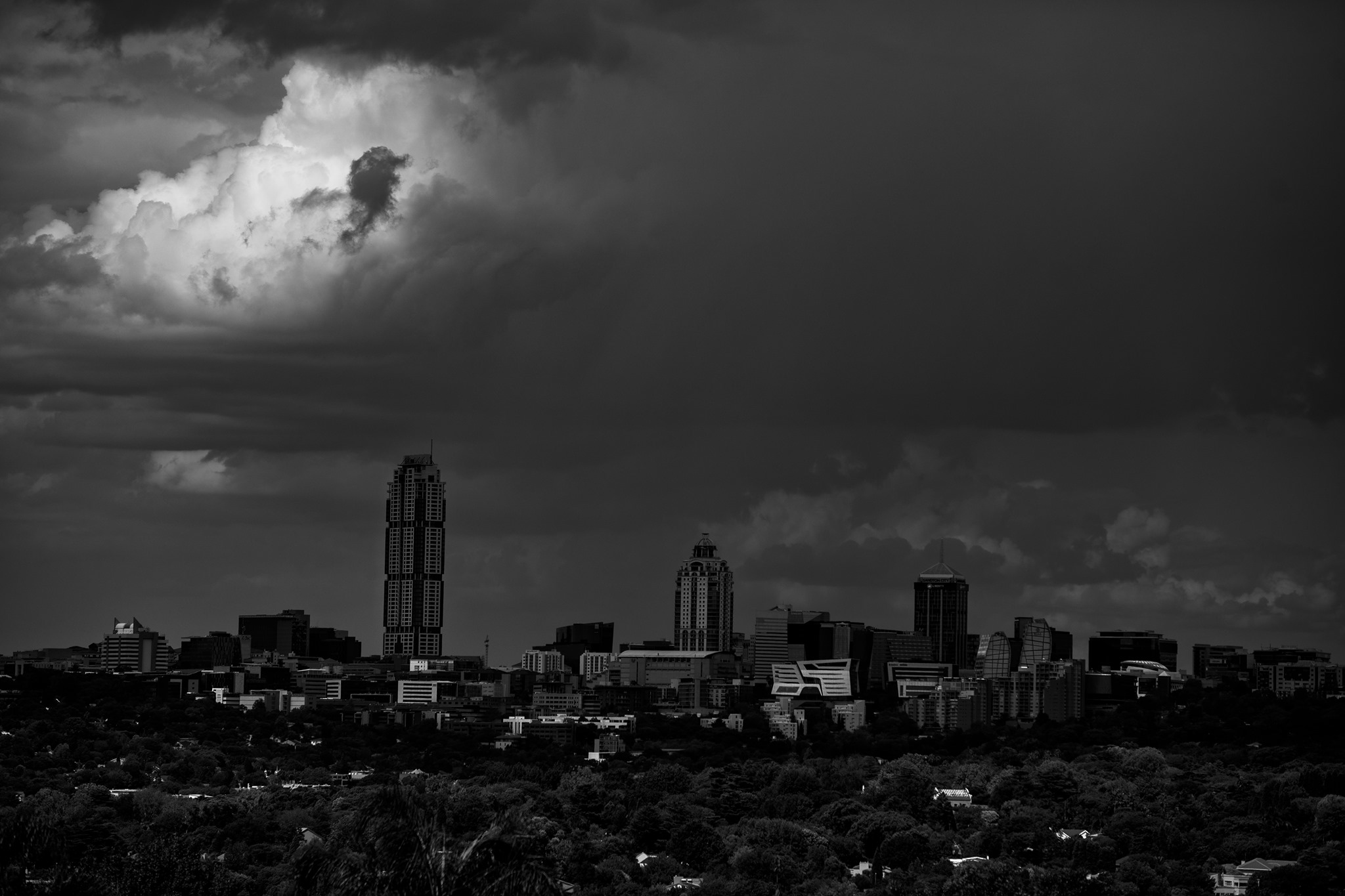There is an odd stench of apocalyptic reckoning in the air right about now.
A virus is sweeping the globe, wars, destruction and many other biblical prophecies of the looming “end times” are seemingly being fulfilled. Human civilisation is being catapulted into this perpetual state of reflection, loneliness and longing to reinforce all our deep connections with the people we care about. The truth is, as humans, I feel as though we have been moving further and further way from ourselves; poking and prodding, exploring, experimenting and in the process, we have somehow started to lose grip of our humanity. Forgetting that we are also feeling people, who need one another and systems of empathetic community to thrive, not just survive. When did we forget that our lives are delicate and when did it become so easy to just watch as vast populations of human beings suffer through injustice? The world around us is changing at a more rapid pace and causing a domino effect of events which are altering our interactions, relationships and mental health permanently. There is no doubt that from here on out- things will be different somehow but will that difference extend to our ideas of ‘home’, perhaps even generating a suspension of the idea of home over multiple meanings.

Obviously, the virus that shall not be named has sparked this topic of conversation but it’s through observing the world and our overall handling of this pandemic that sparked so many other bigger concerns and gaps in society. This article in no way seeks to downplay the severity of Covid-19, no one is exempt from practising social distancing and following all necessary precautions that need to be taken to stop the spread of the virus. However, I feel it is important and necessary to note the fact that for decade’s deadly diseases, all of which have no cure, like HIV/AIDS and drug resistant TB have been sweeping through Africa, coupled with — in some cases — extreme poverty. Our continent knows overlooked suffering intimately. However, because miss Rona began its journey in the so called first world countries of the norther hemisphere, the world has quite literally come to a standstill. This begs the question; how much does a life cost and whose is regarded as important? The implications of the conditions caused by the viral outbreak, as well as the precautions that need to be taken — i.e, social distancing, stockpiling and working from home — are all extremely challenging for developing countries in Africa and around the world where home could very well mean a small confined space, shared by several people with no internet access. Not to mention that they are also a vast number of jobs which just cannot be done from home as they require physical presence. How do we know that we will be taken care of, when most of us are exist in a categories that render us to be seen as disposable when a global crisis like this hits? This pandemic is revealing all the gaps in every economy and structures of every country; it is showing that although society has a tendency of overlooking its most venerable, this contain cannot go on existing without impunity, it has also highlighted that governments need to re-evaluate everything from the ground up.

Everything revolves around home now, home as a physical concept but more so, home as an abstract concept too. A home is somewhere one feels safe and protected, with a calming sense of familiarity but during periods of uncertainty, home can also become a place where we feel securely insecure. Paris has never felt this unromantic and for those of us Africans in foreign countries which are not our homes, home has been beckoning. During this time we are left helpless as our minds wonder into all sorts of places. Anyone experiencing this lockdown in a country that is not their birth place can surely agree that they find themselves in a sort of neither here nor there feeling, where everything is nothing and you’re just grateful to be safe. A feeling which I felt again as I Watched French president Emmanuel Macron deliver his speech on time and with the creases in his face indicating all seriousness. Mental health is more prioritised now, and a big factor that can influence mental health is the people we have around us. The need to remain positive during this time means we only have space in our lives to maintain healthy, soul connections. Our loneliness grows with every day of lockdown and we are left with our relationships floating about in the liminality of the cyber world; so easy to stay in touch yet unable to feel any sort of touch. Our eyes are being opened to what is really important to us. Covid-19 is compromising social lives as well as relationships with some growing stronger, while others are left with the realisation that maybe they didn’t have the grit to stand the test of time. By “stopping time” in a way that has allowed is the space to re-assess everything that we thought was important to us, suddenly, we notice how much we’ve been bombarding our minds and lives with. Our social networks are inundated with content about Covid-19, which perhaps has made stalking of your exes profile less appealing because finally, something bigger is happening and it involves everyone.

The truth is, never before have we been reminded how human we are, never before in recent modern history has the world collectively been this afraid of being alone. All we can do is keep following all the necessary precautions that need to be taken during this time. When this is over remember the parts of yourself that you rediscovered during the period of stillness and try keep those alive; the ways in which you’ve learned yourself anew. Yes this is new and scary, but perhaps it can also be deeply internal, spiritual and filled with mindfulness.



















































